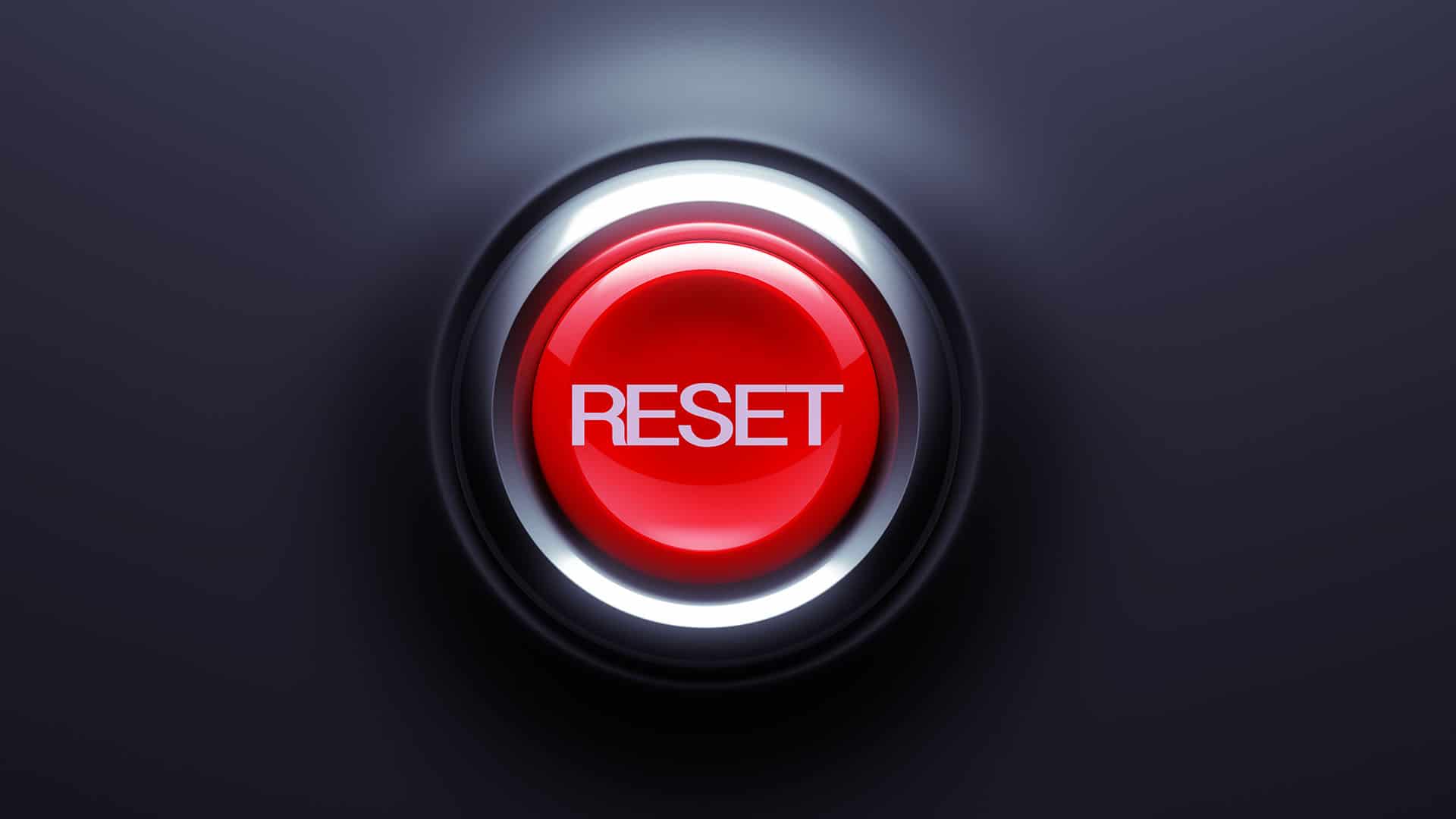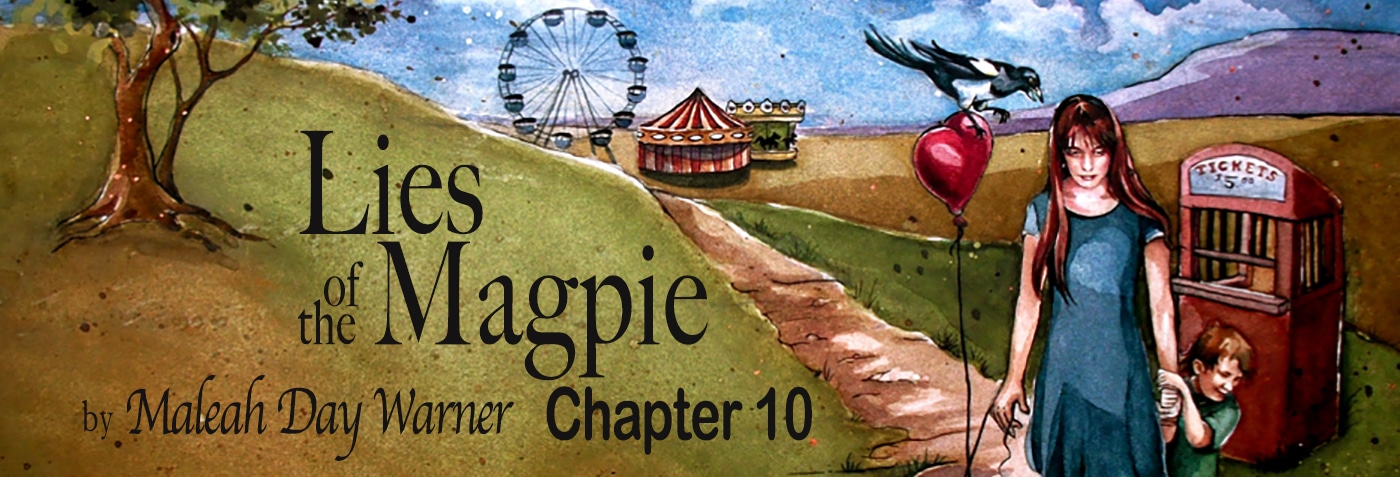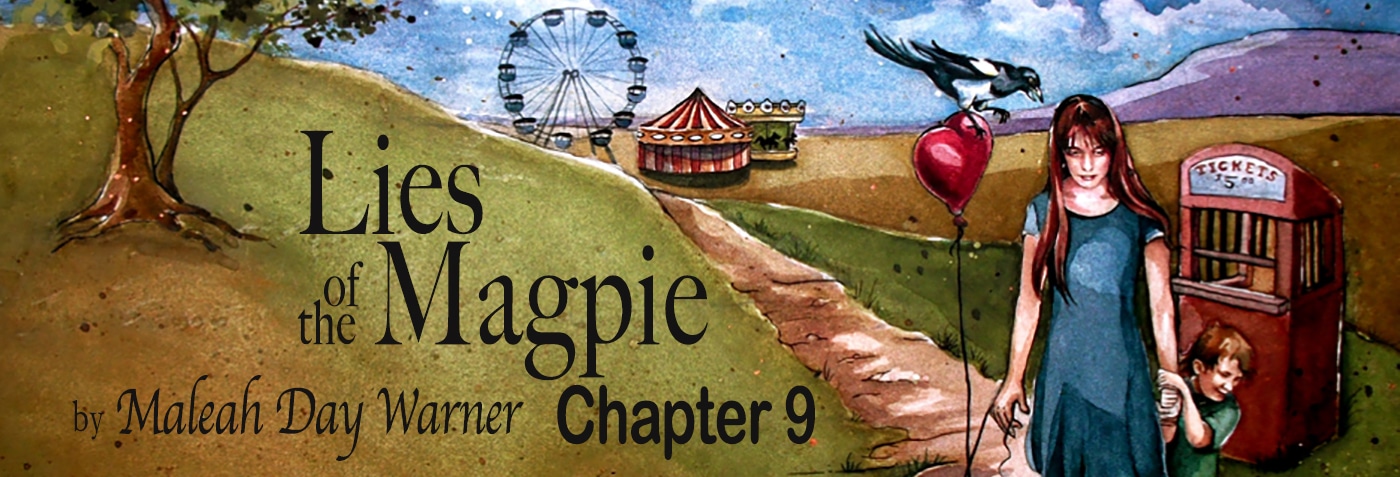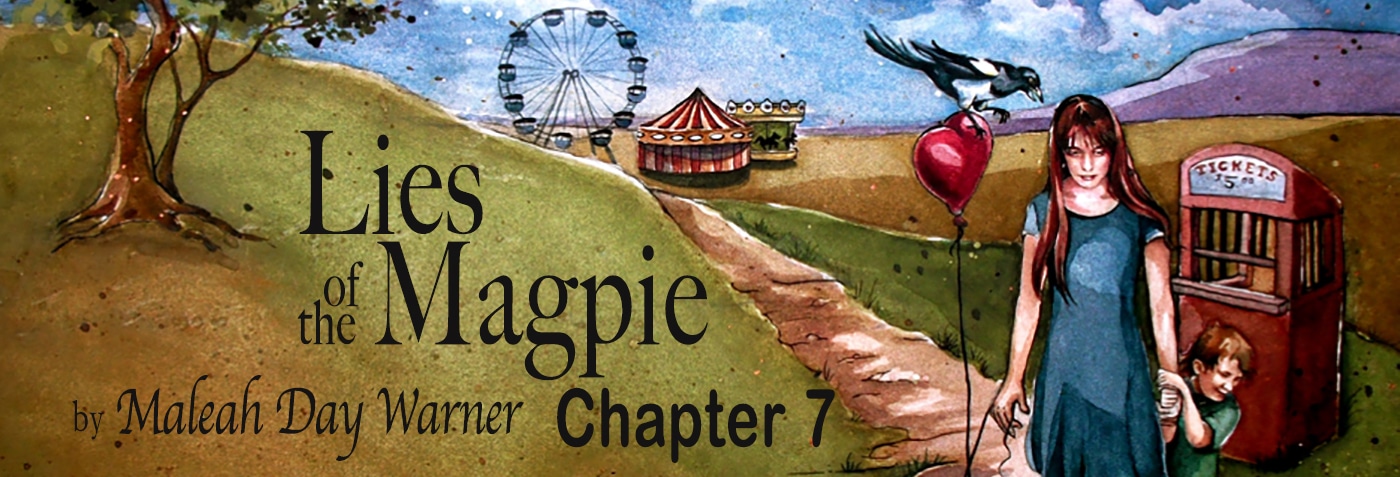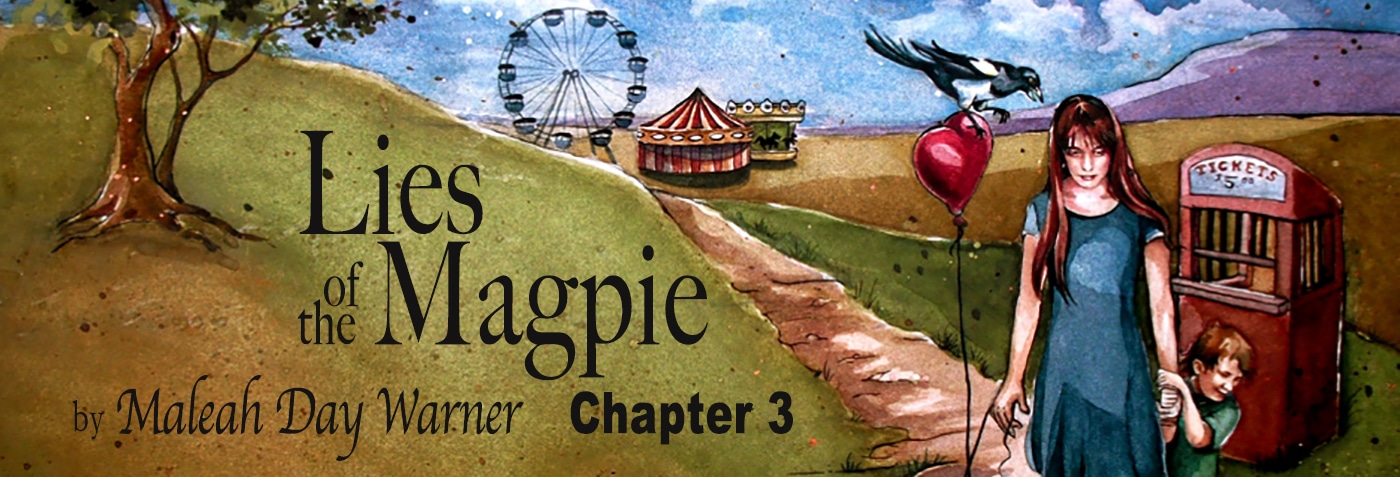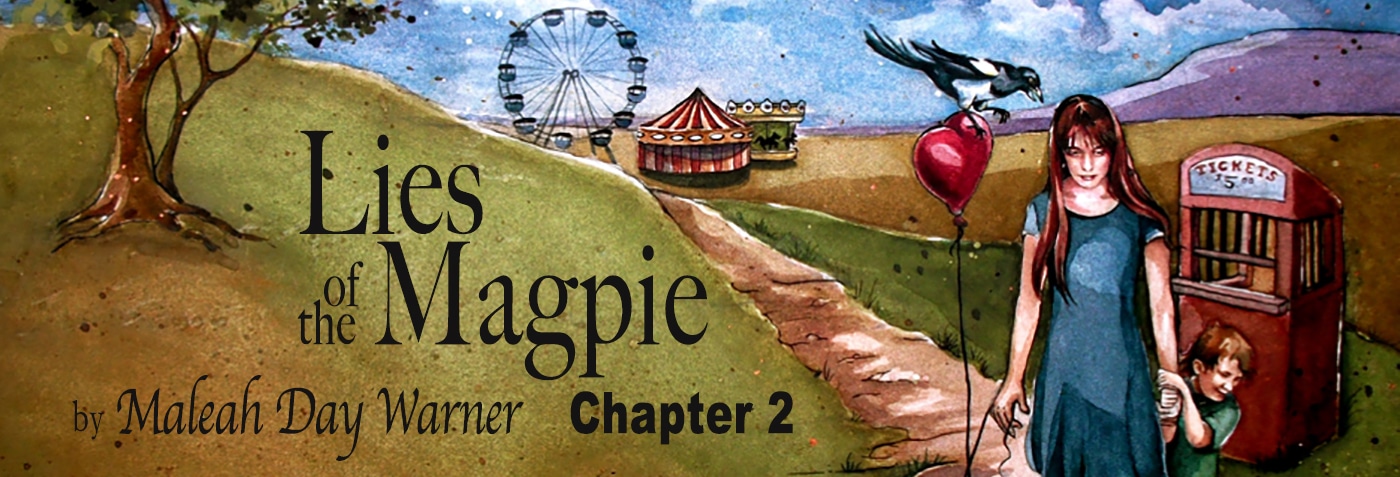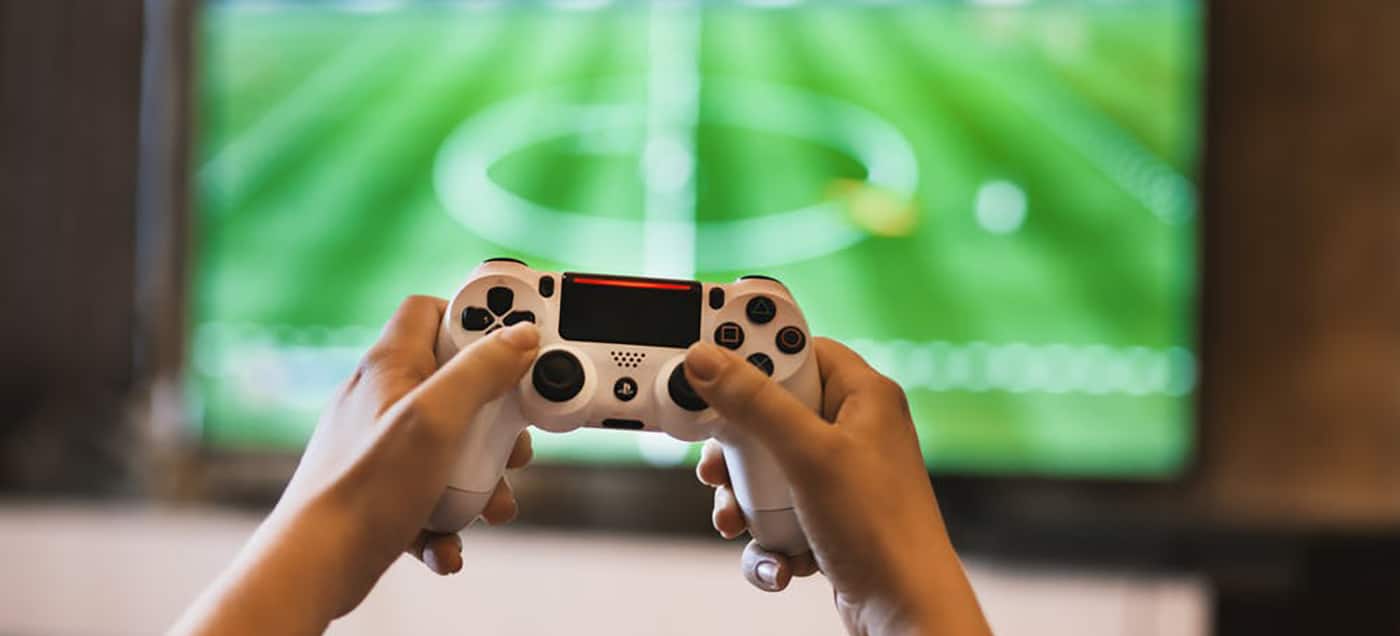In the meantime, I got an epidural that nearly paralyzed me for life.
Aaron fled to the furthest corner of the room and hid his face in his hands, peeking occasionally through his fingers to see if I was dead yet. The anesthesiologist inserted, pulled out, and reinserted the epidural needle four times. “You’re so skinny, there’s no fat to stick the needle into.” I didn’t think this was a good time to comment on my boniness.
Suddenly, with a five-inch needle searching its way around my spinal nervous system, I felt my entire abdominal area expand, like someone had opened an umbrella inside my pelvic bones. At that moment, everything on the inside of me urgently wanted to get outside of me.
“Aaahhh. Never…mind…the…epidural,” I said grimacing. “This… baby…is… coming……NOW.”
Tina dropped on top of me, bracing my shoulders in the gentlest tackle ever administered. “DO NOT MOVE.” she said, “You have to hold completely still.”
“Aaahhh. Stop the epidural. I can feel the baby coming.”
“Too late to stop now.” The anesthesiologist was not going to let this bony specimen get the best of him. “I’m almost finished.”
“Aaahhh!”
“Call the doctor,” Tina shouted to the hallway. She couldn’t make the call because she was holding me in a half nelson. “Hold still. He’s almost done.”
After an eternity, the anesthesiologist removed the needle and taped the tubing against my back. Tina rolled me gently; I winced as the epidural rubbed against the sheets “Aaahh.” More opening and Ooouuuuccchhh, something hard and round trying to squeeze through a hole ten times too small. “I can feel the baby’s head!”
“Don’t push. We have to wait for the doctor,” Tina ordered.
Seriously? Not with the waiting for the doctor, again.
“Lay on your side,” Tina helped me roll back. “Be strong and keep your legs together.” She should have told me that nine months ago.
“Does no one believe me? I. Really. Have. To. Puuush.”
Everyone in the room (except the anesthesiologist who’d disappeared from the room faster than a cub scout who’d broken the cookie jar), screamed in chorus, “DON’T PUSH.” This included Aaron. Whose side was he on anyway?
Telling a woman who has the burning need to push is like exploding Hoover Dam and telling the water to stay put. “We don’t need the doctor.” I pleaded. “I trust you, Tina. You deliver this baby.” I was thrashing around on the sheets.
“No, no. They don’t like us to do that.” She patted my head gently. “You can hold on. He’s on his way.” Tina put her hand over my ear and screamed, “Did anyone get through to the doctor?”
Was anybody even out in that hall? Finally, a desk clerk or maybe a janitor poked his head in the door, “He says he’s checking out at Walmart and will be here in ten minutes.”
Walmart? No one ever checks out of Walmart in ten minutes.
“Aaron, honey,” I looked up grimacing. I needed to push more than I’ve ever needed to do anything in my entire life. “One push and this baby will be here. You can catch it. I trust you.”
Aaron backed towards the corner again waving his hands in front as he retreated. “No, no. Wait for the doctor.”
Tina rubbed my back, “This will sound strange, but if you curl into a fetal position, it will help relieve the pressure.” I tucked my legs up to my big belly pretending that the lower half of my body was not attached to the upper half. “Remember to breathe,” Tina encouraged.
I inhaled and sighed as the epidural medication kicked in.
“The doctor is on the elevator,” the janitor/clerk stood in the door holding a phone. Tina opened a cupboard and grabbed a surgical gown and gloves. The janitor/clerk helped Tina stretch out the gown like a ribbon across a finish line. “He’s on the floor. Get ready, and in five…four…three…two…”
The door swung open and Dr. Juarez walked into the gown and gloves, crouched down, looked side to side and yelled, “Go.”
That was my signal to snap the ball, but I couldn’t believe what I’d just seen. Did Dr. Juarez bypass the sink? What happened to official scrub-in policy? I didn’t let my own husband touch me if he didn’t wash his hands after shopping at Walmart.
If I weren’t such a lily-livered coward, intimidated by his medical degree, I would have asked him to turn back around and scrub. With soap. Instead, I stared.
“Go ahead. Push,” Dr. Juarez ordered.
I just mastered not pushing and now he wanted me to push! Having a baby can really give a girl schizophrenia. I felt strangely floaty and heavy at the same time, like a concrete cloud. I gave a wimpy push.
“No. Wait for a contraction. Push during the contractions.” Dr. Juarez rolled his eyes like I was the biggest idiot excuse of a delivering mother he had ever seen.
“I can’t feel when I’m having contractions,” I said. My abdomen was as still and peaceful as a glass lake with no wind. The epidural was working and I had found my happy place.
“I’ll tell you when you’re having a contraction.” Dr. Juarez watched the monitor. “Now. PUSH!”
“I am pushing.”
“Push harder. Come on. Put some determination into it.”
My determination skipped town about the time I realized we hadn’t brought any DVDs. Ten minutes earlier I could have sneezed the baby out. Instead, we endured fifty-five minutes of everyone yelling at me to push harder and me shouting back, “I am pushing…I think…I can’t really tell. Will I ever be able to feel my legs, again?”
A head and shoulders appeared just before five o’clock. Dr. Juarez declared the delivery time with unspoken emphasis that he had predicted exactly the time of birth. He was also gloating in the fact that he’d broken his own record for longest episiotomy. He stood up from stitching, and I imagined that I looked like a kindergarten class’s first patchwork quilt project. At this point, when one would expect a hearty “Congratulations!” Dr. Juarez said, “The nurse will give you the information for direct deposit to my bank account. Holidays are double time.” Then he looked in the mirror, wiped blue powder off his mouth, and disappeared into the hall.
The epidural had been stronger than Schwarzenegger on steroids. My legs were cinderblocks. Aaron helped to hold the baby on my chest. “Hello there little man.” I traced the shape of his nose and cheeks while he blinked his eyes. “Welcome to this big, wide world. I’m so happy you made it here.”

